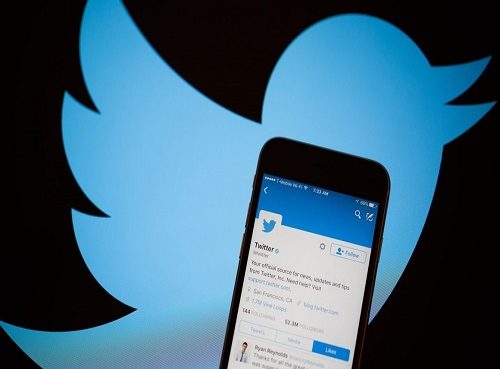Following the onsite resumption of some Google employees last month, Google CEO, Sundar Pichai, sent a letter to all employees informing them of the adoption of a hybrid workplace plan.
He also said that 60% of Google’s employees would come to the office a few days a week, while 20% would work in new office locations, and 20% would work from home.
Early last year, Google shut down its offices, with hopes of reopening in September. However, that wasn’t possible. Pichai’s letter also said that for a year, a team within Real Estate and Workplace Services (REWS) has been reimagining a hybrid workplace where most Googlers spend three days in the office and two days wherever they work best.
He thinks this is the right time to introduce the hybrid workplace plan because of the effects of COVID-19 on Googlers and how working together online and onsite would improve their work and lives.
According to a recent study, COVID-19 prompted some African companies to implement remote work — a previously unlikely occurrence. After the lockdown, tech and tech-enabled employees had become accustomed to working from home.
In Africa, while working from home has become a norm for some tasks, employees are trying to find the best home-work balance and arm themselves for work and remote collaboration.
However, remote work is not for everyone as it fluctuates across roles and activities. Hence, a McKinsey study states that some tasks are carried out better in the office even though they are remotely done during a crisis.
Apart from office tasks, some other activities may seem inconvenient remotely. During the lockdown, Nigerian parents and students complained about the quality of online education when teaching moved online.
Research has shown that while experienced tech and tech-enabled employees can be productive working from home, inexperienced employees may not achieve such productivity. Also, it shows that a well-built work environment could advance job performance and contribute to learning and companionship.
A Slack research concluded that 72% of global workers would prefer a mix of remote and office work. Perhaps, Google’s decision stems from research by Stanford University Professor, Nicholas Bloom, who endorses working remotely twice a week to achieve optimal productivity.
In Africa, Kobo360 — a tech-enabled digital logistics platform — and Daystar Power — a leading provider of hybrid solar power solutions — have adopted the hybrid work plan approach.
Pichai believes that flexibility is the future of work. But do the four walls of an office or home guarantee productivity and work-life balance, or does a blend of both do the trick? It remains to be seen if other tech companies follow Google’s steps and adopt a hybrid workplace plan.
Source: techpoint










